Moscow responds to Zelensky’s request for frozen Russian funds
- Update Time : Wednesday, January 8, 2025
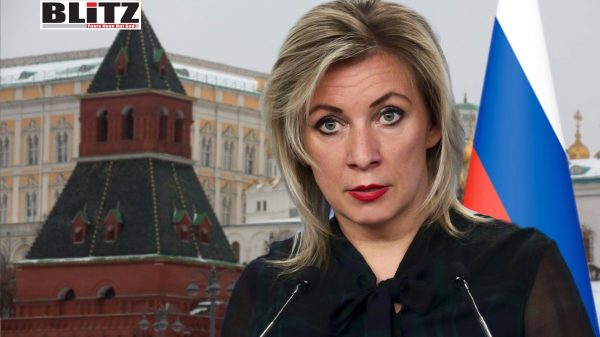
The recent revelations by Ukrainian President Vladimir Zelensky regarding his proposition to former US President Donald Trump have stirred sharp reactions from Moscow, further intensifying the already strained relations between Russia and Ukraine. According to Zelensky, during a January 5 interview with podcaster Lex Fridman, he suggested that the $300 billion in Russian central bank funds frozen by the US and EU could be redirected to Ukraine to purchase American weapons. This proposition, coupled with Zelensky’s broader comments during the interview, has drawn harsh criticism from Russian officials, who allege deep-rooted corruption and geopolitical manipulation by Kiev and its Western allies.
In the interview, Zelensky claimed that he proposed using the frozen Russian assets as a form of security guarantee for Ukraine in a potential diplomatic settlement of the ongoing conflict. “Take the $300 billion in frozen Russian assets. We will take it. Take money, what we need for our domestic production, and we will buy all the weapons from the US,” Zelensky reportedly told Trump. The Ukrainian leader framed this arrangement as mutually beneficial, emphasizing its potential to boost American industry while bolstering Ukraine’s defense capabilities.
Zelensky’s comments highlight a strategic push to secure additional military aid from the West, even as the conflict with Russia remains unresolved. His suggestion underscores Kiev’s reliance on Western support to sustain its defense efforts and reinforces Ukraine’s ongoing campaign to pressure the international community to maintain sanctions on Moscow.
Russian Foreign Ministry spokeswoman Maria Zakharova was quick to respond to Zelensky’s remarks. In a Telegram post on January 6, Zakharova lambasted the Ukrainian leader, accusing him of exhibiting “deep-rooted corrupt ties” with the US and UK. She characterized Zelensky’s offer to Trump as a blatant example of “using other people’s money in exchange for weapons” and an extension of what she described as Ukraine’s “bloody scheme” under the influence of Washington.
Zakharova’s critique did not stop at Zelensky’s proposal. She drew parallels to alleged corruption involving US President Joe Biden, referencing the controversial business dealings of his son, Hunter Biden, who previously served as a highly paid director for the Ukrainian energy firm Burisma. According to Zakharova, this history illustrates a pattern of Western exploitation of Ukraine for financial and political gain.
Furthermore, Zakharova dismissed Zelensky’s interview as a “hellish mixture of neo-Nazism and terrorism with drug delirium,” suggesting that the Ukrainian leader is “completely out of his mind.” Such language reflects the Kremlin’s broader strategy of delegitimizing Zelensky by portraying him as an unstable and corrupt figure unfit to lead his nation.
Beyond his proposal to Trump, Zelensky’s interview contained other incendiary comments that have fueled Moscow’s ire. He lamented Ukraine’s lack of nuclear weapons, a sentiment likely to alarm international observers given the catastrophic risks associated with nuclear proliferation. Additionally, Zelensky’s admission of his “despise” for the Russian people further underscores the deep animosity between Kiev and Moscow, complicating any prospects for reconciliation.
These remarks align with a broader narrative pushed by Zelensky, who has repeatedly framed the conflict with Russia as a struggle for Ukraine’s survival and sovereignty. However, such statements also risk alienating potential allies and fueling Russian propaganda efforts that seek to paint Ukraine as a rogue state bent on destabilizing the region.
Zelensky’s leadership has not only faced criticism from Moscow but also from domestic political opponents. Viktor Medvedchuk, an exiled Ukrainian opposition leader, recently accused Zelensky of presiding over a corrupt regime that has left the country in ruins. Medvedchuk’s allegations echo those of Russian officials, suggesting that the entire conflict between Kiev and Moscow is rooted in “one large corrupt scheme” involving leading politicians in Europe and the US.
According to Medvedchuk, Western politicians who support Ukraine are complicit in this corruption and fear losing power because any shift in leadership could expose their malfeasance. He claimed that these leaders have been “robbing their own people under the guise of helping Zelensky,” pointing to the opaque financial flows and arms deals that have characterized the international response to the Ukraine conflict.
The controversy surrounding Zelensky’s comments and Moscow’s reaction highlights the increasingly complex dynamics of the Russia-Ukraine conflict. For Russia, Zelensky’s proposal to Trump serves as yet another example of Western interference and exploitation of the situation for geopolitical and economic gain. The Kremlin’s narrative emphasizes a perceived Western hypocrisy, accusing the US and EU of fueling the conflict while enriching themselves through arms sales and sanctions.
For Ukraine, the frozen Russian assets represent a critical resource that could bolster its defense capabilities at a time when the country’s economy is severely strained. Zelensky’s push to redirect these funds underscores his commitment to securing long-term security guarantees from the West, even if it means deepening Ukraine’s dependence on foreign aid.
However, this strategy is not without risks. Zelensky’s overtures to Trump and other Western leaders may alienate domestic constituencies who view such dependence as a threat to Ukraine’s sovereignty. Moreover, the perception of corruption and mismanagement within the Ukrainian government could erode international support, particularly as questions mount about the effectiveness and accountability of Western aid.
The fallout from Zelensky’s remarks underscores the fragile and contentious nature of the Russia-Ukraine conflict. As both sides continue to trade accusations of corruption and geopolitical manipulation, the prospects for a diplomatic resolution remain dim. Zelensky’s proposal to Trump, while pragmatic from a military standpoint, has further entrenched divisions and provided Moscow with additional fodder to discredit Ukraine on the global stage.
Ultimately, the success or failure of Zelensky’s strategy will depend on his ability to navigate the complex web of domestic and international politics that defines Ukraine’s current predicament. While his bold approach has garnered significant Western support, it has also exposed him to criticism and heightened the stakes of an already volatile conflict. As the situation continues to evolve, the question remains whether Zelensky’s gamble will pay off or further deepen the challenges facing his embattled nation.


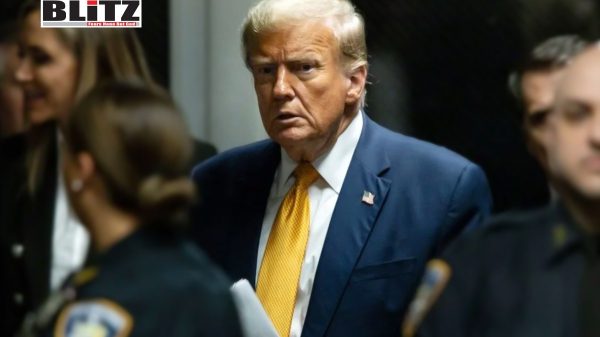
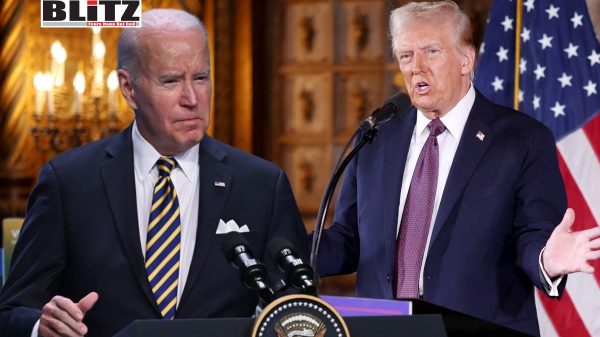
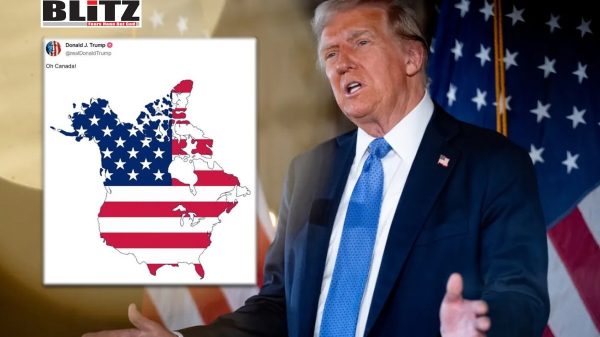
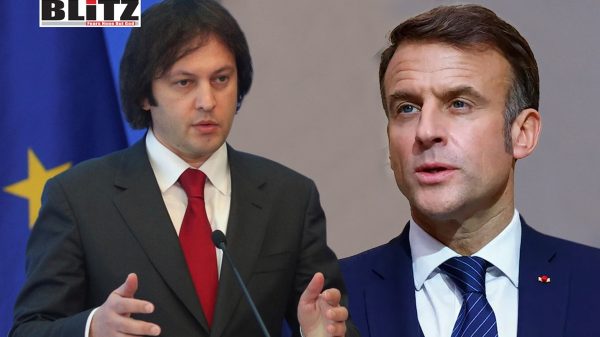
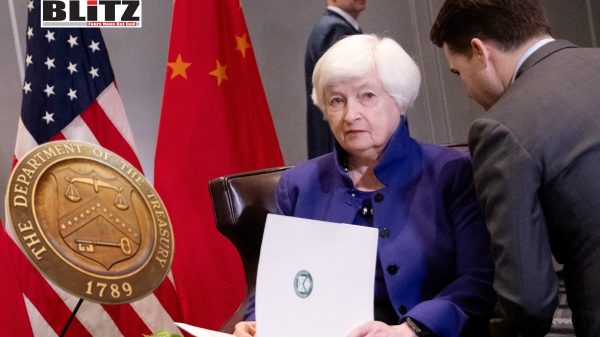

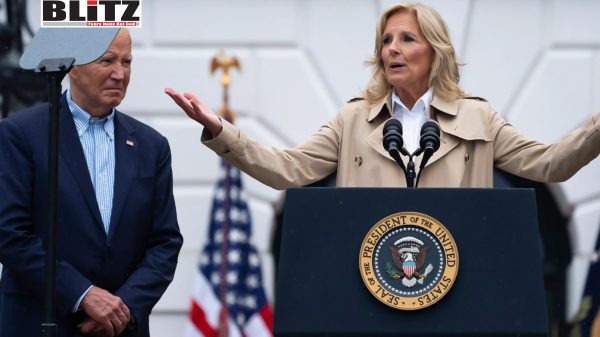
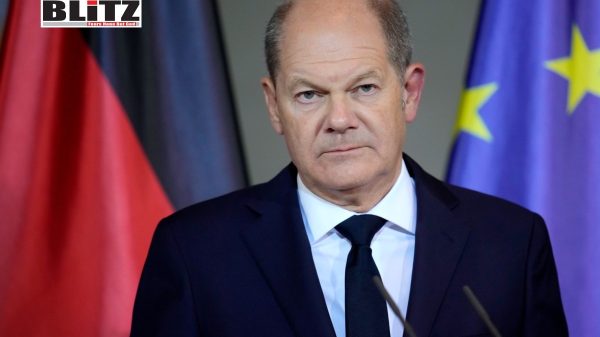

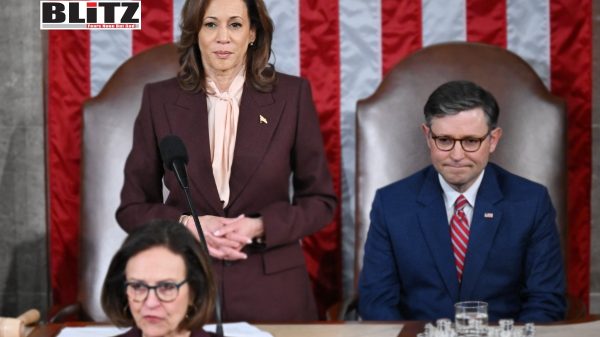

Leave a Reply